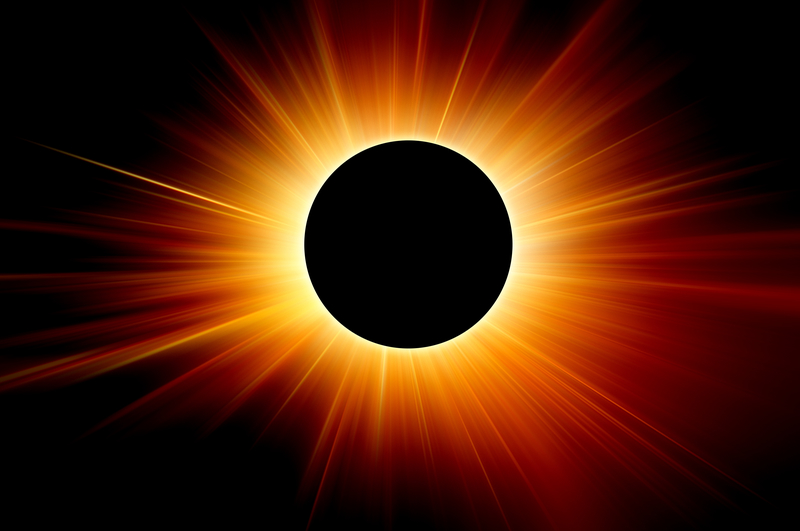Scientists are just as excited about the eclipse as we are, but for a different reason. Past eclipses have allowed scientists, like Albert Einstein, to prove certain theories. This eclipse could allow us to do the same.
ON MONDAY, AUGUST 21, 2017, the world will go under, or so it might well feel like if you position yourself along a 70-mile-wide swath of the US from South Carolina to Oregon. From here you can witness the moon move in front of the sun in the middle of the day and darken the skies above you. Our ability to predict this year's event with such specificity is thanks to scientific inquiries dating back thousands of years.
The Greeks believed that Thales had foretold of an eclipse, at least to within the year that it happened. However, it was not until more than 2,000 years later, in the early 18th century, that the first precise prediction of a solar eclipse was made by astronomer Edmund Halley. In what was likely the most widely distributed broadside in England up to its time, Halley announced his finding publicly in 1715, shortly before the eclipse on May 3.
Albert Einstein expanded on Newtonian physics by stating that gravity should not be understood as the sun pulling objects toward it. Rather, he theorized, the sun literally bends the curvature of space like a heavy object on a trampoline, and this causes things to fall toward it. To test Einstein’s theory, astronomer Sir Edmund Ellington put up cameras in advance of a total solar eclipse on May 29, 1919. They could see the light from distant stars that passed by close to the sun without the interference of the sun’s own bright light.
From there the news went around the world that Einstein’s strange theory of general relativity had been proven correct.
Next week's event represents more than mere spectacle and media hype. More data will be collected from this eclipse than from any previous one in history, enabling us to better analyze such things as the sun's upper atmosphere, or corona, which is visible only during a solar eclipse, and perhaps find clues as to why the corona is 300 times hotter than the surface of the sun. Next week's eclipse can also help us to better predict space weather in order to protect astronauts and satellites.
Are you planning on watching the solar eclipse next week? If so, from what state will you be watching it?
Article Source: Wired
